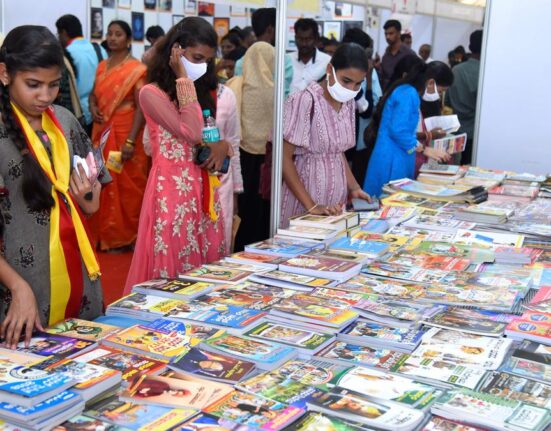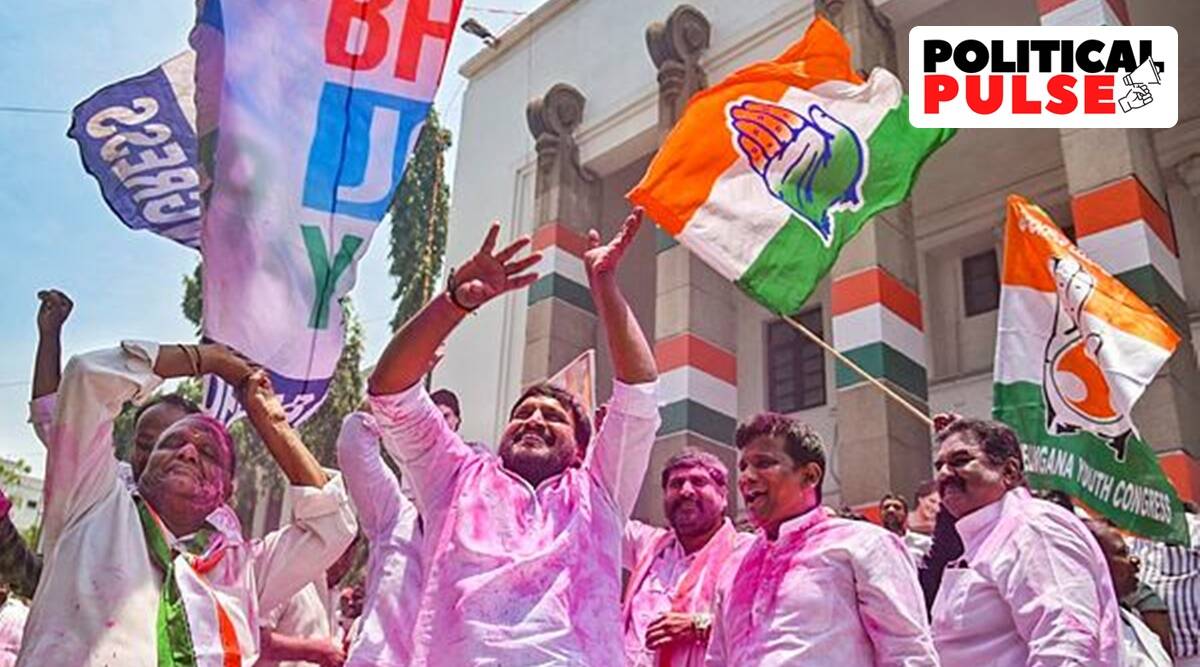I Guess Karnatakas ‘Acche Din’ did not include BJP after all. On Saturday, Karnataka effectively voted for Congress after a decade, winning the party 135 seats and 43 per cent of the votes. Despite Prime Minister Narendra Modi leading the campaign for the Bharatiya Janata Party, the party underperformed throughout the state. The Prime Minister personally emphasized the campaign, portraying the election as a choice for a government with dual power, but unfortunately, this failed.
The aspects of the campaign that bore Congress the results were the visibility and engagement of local leaders with issues that mattered to the people. Secondly, for the first time in the history of Karnataka, the societal organizations found themselves compelled to overcome their distaste for politics and unite in a commitment to remove the party that was causing severe damage to the state’s rich culture and heritage.
This damage was evident during Devraj Urs’ tenure and breaking the grip of an influential asset-owning group on political representation. To all, especially in urban areas, the severe restrictions on public gatherings and protests while Hindu religious processions received police protection was enough to encourage a push-back.
Plus, a win for Congress had revived hope amongst Hijab wearing students in the state. The ban on Hijab has turned many locals against BJP winning this year. “It’s a sign of relief for us. If BJP had won, things would have inevitably gotten worse for us in coming years”, said a student.
Karnataka has set off on a transformative path. Amidst the challenges and setbacks the state faces, there arises an opportunity to reevaluate approaches to political leadership. The newly set government has generated high hopes amongst all segments of society for changes in the brutal policies and bans of the past.












